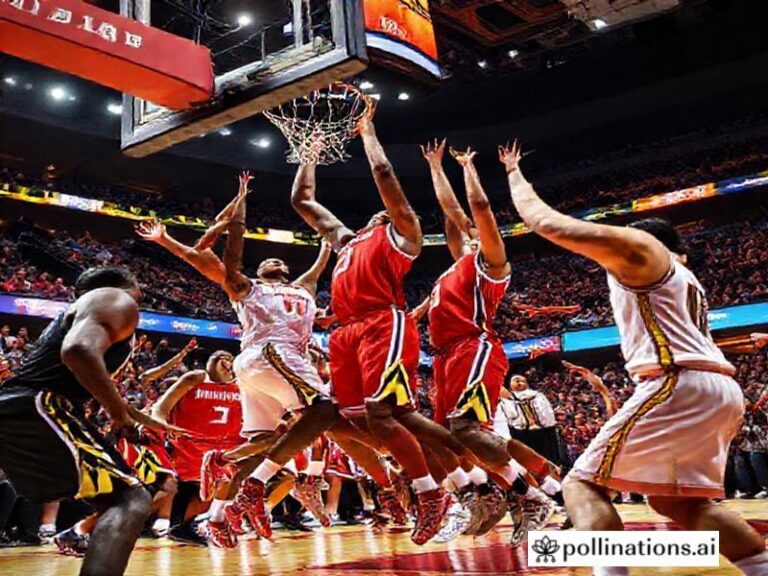Harry Kane: The Last British Export Keeping the World From Total Collapse
Harry Kane, the Englishman whose right foot is worth more than several Balkan defense budgets, has once again reminded the planet that geopolitics may redraw maps, but only football can redraw the emotional cartography of entire nations. While G-7 ministers argue over commas in communiqués, Kane is busy scoring commas in record books—his latest brace for Bayern Munich nudging him past 400 club goals and confirming that, in the global economy of hope, a 30-year-old striker from Chingford remains a reserve currency of last resort.
From Lagos to Lahore, sports-bar economists now treat Kane’s form like an IMF index: when he nets, DStv subscriptions spike; when he blanks, Nigerian betting apps crash. Across Asia, counterfeit No. 9 shirts outsell real estate prospectuses, proving that a white guy with a receding hairline can still be the region’s most reliable growth stock. Meanwhile, European central bankers—who wouldn’t know a false nine from a nine-iron—quietly monitor his hamstrings the way they once monitored Greek bond yields. Should Kane sneeze, the Bundesliga sneezes; should he tear a tendon, Bavaria might petition Brussels for emergency cohesion funds.
The irony, of course, is that Kane embodies the very Brexit Britain claims to reject. He is a pure export: English genes, German paycheck, Qatari-owned club, Chinese-made boots. His children already speak better Munich kindergarten Deutsch than most Tory backbenchers can manage, and his tax adviser knows the Dutch sandwich better than the Earl of Sandwich ever did. Yet every time he scores, the Union Jack emoji trends worldwide, as if the algorithm itself has confused nostalgia with sovereignty.
Globally, Kane’s appeal rests on a universal truth: nothing unites humanity like watching an overachieving mortal bend physics for money. In refugee camps from Lesbos to Cox’s Bazar, cracked phone screens flicker with his goals, offering 30-second visas to a universe where offside traps matter more than border traps. UNHCR reports a measurable drop in camp tensions during Champions League nights—proof that even misery loves a good volley. Meanwhile, Silicon Valley bros pitch VR startups promising “the Kane experience,” blissfully unaware that millions already live it on 240p streams next to open sewers. Venture capital, like Kane’s finishing, is ruthlessly clinical: if it doesn’t scale, it doesn’t exist.
The darker subplot, rarely mentioned in glossy match programs, is how Kane’s career parallels the slow-motion car crash of Western soft power. A decade ago, England exported culture via the Beatles and Bond; now it’s a striker who looks like he should be managing a mid-tier Aldi in Düsseldorf. As the Empire’s final PR asset, Kane shoulders the absurd duty of proving Britannia still rules something—if only the six-yard box. When he lifts a trophy, tabloids scream about 1966; when he doesn’t, it’s the EU’s fault. Somewhere in the Kremlin, Putin’s troll farms salivate at the meme potential: “Harry Kane can’t win the big one—just like Brexit negotiations.”
Still, there is something perversely comforting in Kane’s relentless accumulation of numbers. In a world where inflation eats wages faster than defenders eat grass, his statistics remain reassuringly inflation-proof. Four hundred club goals, 62 for England, zero tattoos—each metric a small certainty in an uncertain age. Climate scientists may debate tipping points, but everyone agrees Kane’s next penalty is going top bins, thermodynamics permitting.
As another season limps toward its merciless climax, the planet will once again arrange itself around a man whose primary skill is punting leather into nylon. Dictators will pause purges, traders will pause algorithms, and somewhere a child in the Sahel will mimic his celebration in red dust. For 90 minutes plus injury time, the world agrees on one proposition: that Harry Kane, accountant turned apex predator, is worth more than any of us—yet somehow, through the alchemy of fandom, we’re all in on the racket. If that isn’t globalization’s sweetest con, I don’t know what is.







